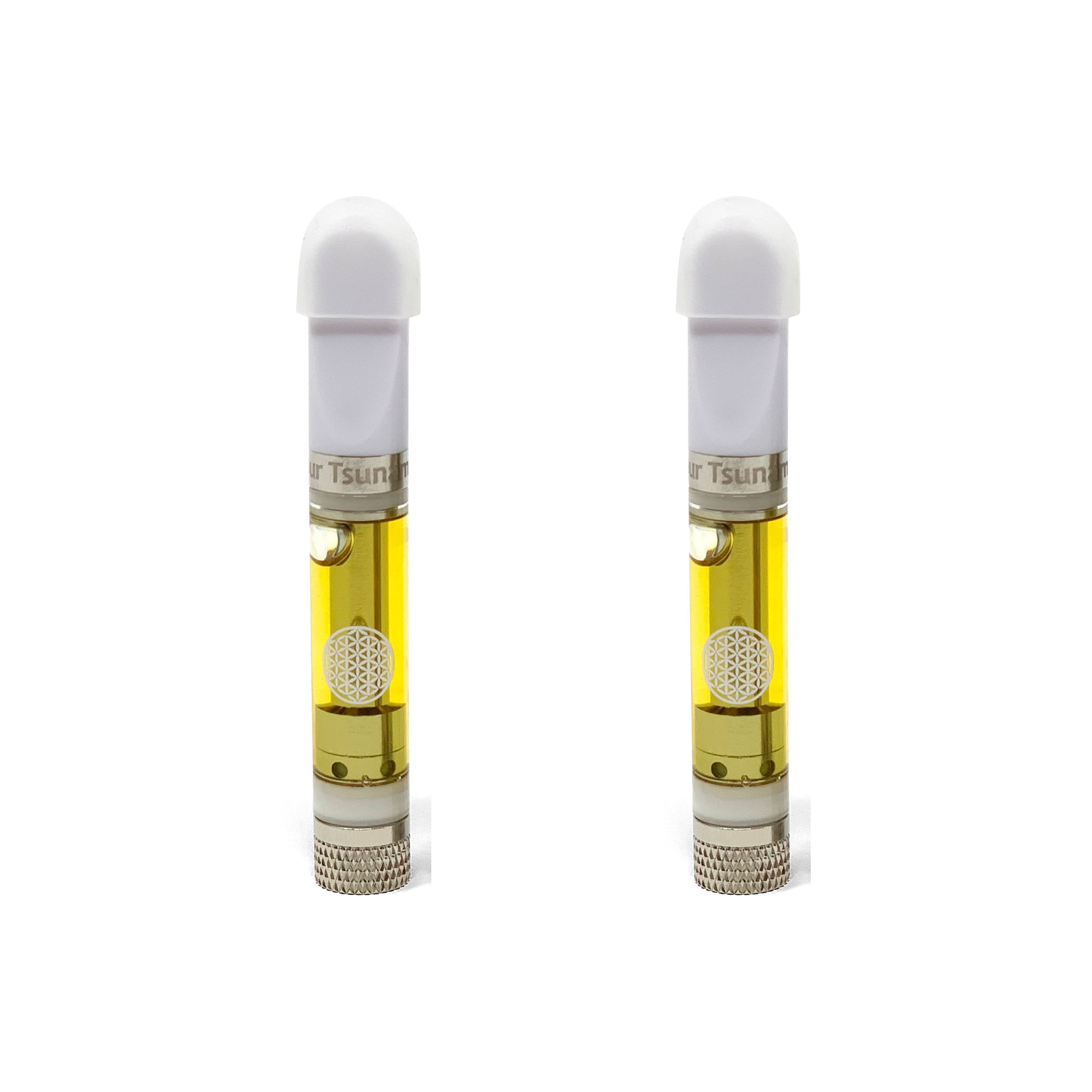Why Big Chief Carts Are the Preferred Option for Discerning Users
The Environmental Effect of Disposable Carts: What Marijuana Users Required to Know
The surge in cannabis usage has actually corresponded with an alarming boost in making use of non reusable vape cartridges, a fad that poses considerable ecological challenges. The single-use nature of these items aggravates plastic air pollution and adds to a bigger carbon impact via their production and disposal processes. As awareness grows pertaining to the eco-friendly effects of these choices, cannabis users need to evaluate their consumption behaviors and take into consideration the broader repercussions of their preferences. What choices exist, and just how can individuals make educated decisions that align with an extra lasting future?
Understanding Disposable Vape Carts
These devices usually consist of a pre-filled cartridge consisting of marijuana oil, a battery, and a home heating component. This mix enables individuals to breathe in evaporated marijuana without the need for combustion, which is commonly regarded as a cleaner choice to typical smoking cigarettes.
However, the convenience of disposable vape carts comes with considerable factors to consider. The materials made use of in their building posture challenges for recycling and biodegradation, as several elements do not quickly break down in all-natural environments.
Ecological Repercussions of Plastic
Plastic pollution has actually become among one of the most important environmental obstacles of our time. The production and disposal of plastic items, including disposable marijuana carts, contribute considerably to this situation. Roughly 300 million lots of plastic are produced every year, with a considerable section discovering its means into land fills and natural ecological communities.

Beyond wildlife, plastics likewise add to dirt and water contamination, as toxic ingredients and chemicals seep into the environment. The energy-intensive processes involved in plastic production intensify climate modification by launching greenhouse gases.
As marijuana users increasingly turn to disposable carts for convenience, it is crucial to identify their plastic components and the more comprehensive implications of their usage. Dealing with plastic pollution requires collective action and a change towards more lasting practices, highlighting the demand for choices and appropriate disposal techniques.

The Lifecycle of Non Reusable Carts
Lots of consumers might not recognize the complex lifecycle of non reusable marijuana carts, which encompasses various phases from manufacturing to disposal. The lifecycle begins with the extraction of resources, mostly plastics and steels, which are processed and formed right into the parts of the cart. This production process usually involves significant energy usage and discharges, adding to the total carbon impact.
Once produced, these disposable carts are loaded with marijuana oil, usually packaged in secondary materials for retail distribution. The use of these items typically results in a single-use situation, bring about a rapid increase in waste. After a customer has finished utilizing a non reusable cart, it is frequently thrown out improperly, worsening ecological concerns.
The disposal phase is crucial, as most of these carts are not recyclable because of their composite materials. They often end up in land fills, where they add to long-lasting environmental pollution. In addition, the failure of plastics in landfills can launch harmful materials right into the soil and water. Understanding this lifecycle is essential for marijuana individuals, as it underscores the ecological ramifications of their usage choices and urges a lot more informed choices relating to product usage.
Lasting Alternatives for Users
As environmental problems surrounding non reusable cannabis carts proceed to rise, individuals are progressively looking for sustainable options that minimize eco-friendly impact. Big Chief carts. One sensible option is using refillable vape pens, which allow consumers to acquire e-liquid or oil wholesale and re-fill their gadgets numerous times. This considerably reduces the quantity of plastic waste created, as individuals can maintain the same device for a prolonged period
One more lasting alternative is the application of compostable or eco-friendly cartridges made from green materials. These products are made to break down more normally than traditional plastics, therefore lessening their harmful impacts on the environment. Furthermore, some firms are now using glass cartridges, which can be reused or reused, further reducing waste.
Furthermore, opting for regional and natural cannabis items can add to sustainability by supporting environmentally accountable farming practices. Individuals can likewise promote for brands that prioritize sustainability in their manufacturing processes. By making thoughtful selections regarding their intake, marijuana individuals can play a vital role in advertising ecologically pleasant methods within the sector, eventually causing an extra lasting future for marijuana consumption.
Acting for Adjustment
A significant change in the direction of lasting techniques within the marijuana sector needs positive involvement from producers, policymakers, and customers alike. Customers play a crucial role by supporting for environmentally friendly items and this post sustaining brands that focus on sustainability. By selecting refillable or recyclable alternatives over disposable carts, consumers can signify to producers that there is a demand for eco accountable choices.
Makers should additionally take the effort by buying r & d of sustainable product packaging services. Innovations such as eco-friendly materials and closed-loop systems can considerably reduce waste. Openness in sourcing and manufacturing processes is important, allowing customers to make educated choices regarding their purchases.
Policymakers can promote this change by carrying out regulations that motivate sustainable techniques within the industry (Big Chief carts). Rewards for companies embracing green modern technologies and stricter guidelines on single-use plastics can drive significant enhancements
Joint efforts amongst these stakeholders will be vital in dealing with the ecological challenges positioned by disposable carts. By cultivating a culture of sustainability within the marijuana community, it is possible to lessen eco-friendly footprints while advertising responsible intake. Inevitably, collective activity can cause a more lasting future for the marijuana industry and the earth.
Final Thought
The environmental impact of non reusable vape cartridges demands immediate attention from cannabis customers. By prioritizing environmentally pleasant alternatives, customers can read here play a critical function in minimizing waste and promoting a much more sustainable cannabis culture.
The production and disposal of plastic items, including disposable marijuana carts, contribute significantly to this dilemma.Many customers may not understand the go right here complicated lifecycle of disposable marijuana carts, which encompasses different phases from manufacturing to disposal.Once generated, these disposable carts are filled with marijuana oil, commonly packaged in additional products for retail distribution.As ecological issues bordering disposable marijuana carts continue to climb, users are increasingly looking for sustainable alternatives that decrease environmental influence. By making thoughtful selections regarding their consumption, marijuana individuals can play an important duty in promoting environmentally pleasant practices within the market, eventually leading to an extra sustainable future for cannabis intake.